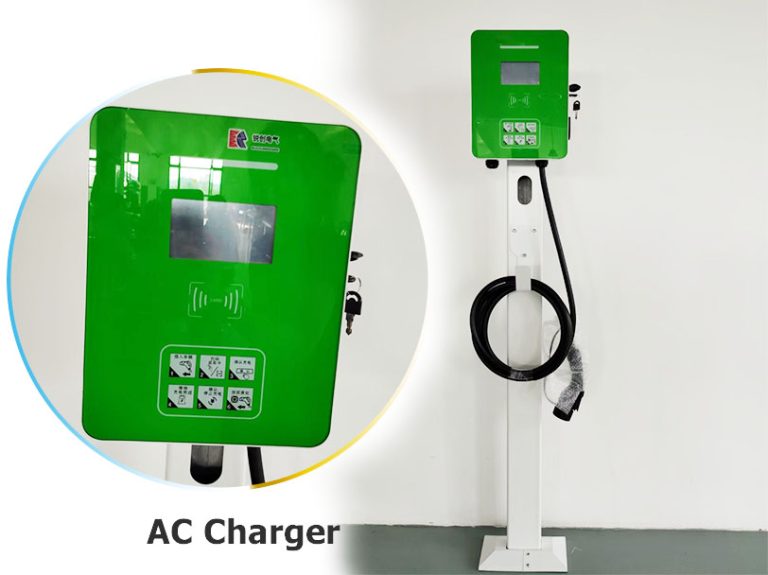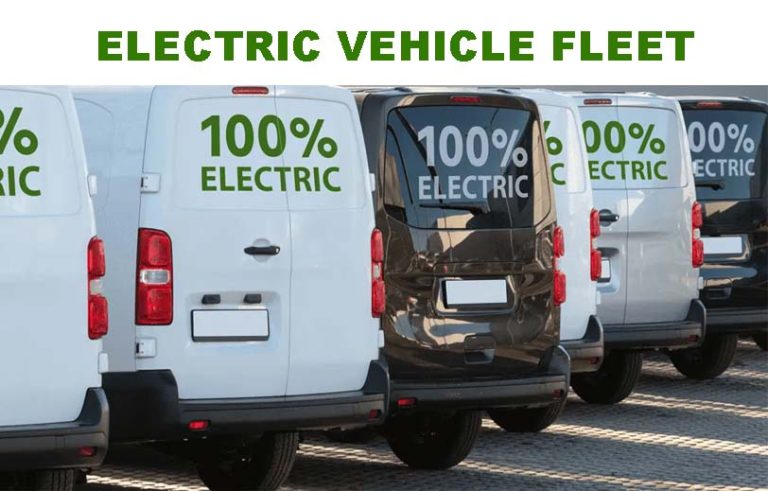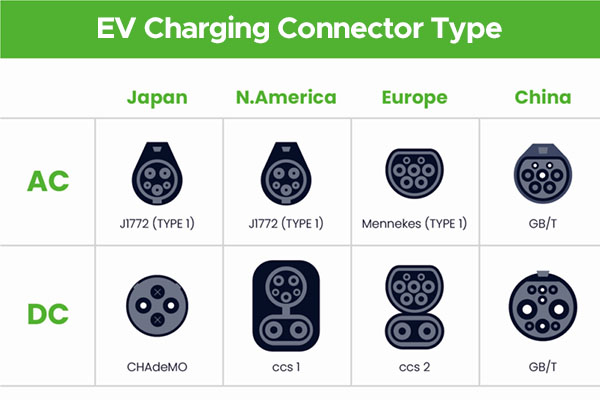Electric vehicles (EVs) have gained significant popularity in recent years, as more individuals recognize the many advantages they offer over traditional gas-powered vehicles. In 2024, the transition to EVs is expected to become even more crucial, as governments worldwide focus on reducing carbon emissions and promoting cleaner, more sustainable modes of transportation.
1. Environmental Benefits
One of the most significant advantages of EVs is their environmentally-friendly nature. Unlike gas-powered vehicles, which release harmful pollutants such as carbon dioxide and nitrogen oxides into the atmosphere, electric vehicles produce zero tailpipe emissions. This not only helps reduce air pollution and its associated health risks but also plays a crucial role in combating climate change and working toward cleaner air in urban areas.
2. Lower Cost of Ownership
While the initial cost of purchasing an EV may be higher than that of a traditional internal combustion engine (ICE) vehicle, the long-term savings are substantial. EVs require far less maintenance, as they have fewer moving parts compared to conventional cars. Additionally, the cost of electricity for charging is significantly lower than gasoline or diesel, reducing fuel expenses over time. Many governments also offer tax incentives and rebates, making the overall cost of EV ownership more affordable and appealing.
3. Convenience and Range Improvements
EVs offer a more convenient driving experience. Charging an EV can be done at home, eliminating the need for regular visits to gas stations. With the rapid expansion of public charging infrastructure, charging stations are becoming more accessible, ensuring greater convenience for long-distance travel. Furthermore, modern EVs have seen significant improvements in battery technology, offering longer ranges than ever before. Many vehicles now provide sufficient range to meet the needs of daily commuting, reducing the frequency of recharging and making EVs a practical option for more drivers.
4. Economic Growth and Job Creation
The growing demand for EVs will also lead to significant economic benefits. As more people adopt electric vehicles, the demand for related goods and services will rise, creating new opportunities for jobs and growth within the EV sector. Companies involved in manufacturing EVs, producing batteries, and developing charging infrastructure will see increased business as the EV market continues to expand. This economic shift also supports the broader green economy, driving innovation and investment in sustainable technologies.
5. Energy Security and Independence
Switching to EVs will enhance energy security on a national scale. Unlike oil, which is predominantly sourced from a few regions and subject to geopolitical volatility, electricity can be generated from diverse sources, including renewable energy such as wind, solar, and hydropower. By adopting EVs, countries can reduce their dependence on imported oil and foster greater energy independence. This shift is vital for enhancing national security and stability, as it lessens vulnerability to oil price fluctuations and supply disruptions.
6. Conclusion
In conclusion, the widespread adoption of electric vehicles in 2024 will provide numerous benefits, including environmental protection, significant cost savings, convenience, and economic growth. As governments worldwide continue to prioritize carbon reduction and clean energy, EVs will become an increasingly essential and attractive choice for consumers. Investing in EVs and supporting infrastructure, such as expanding EV charging networks, will be critical in ensuring a successful transition to a more sustainable and resilient future.








